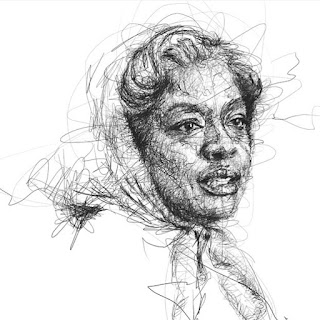forgive.
-Mikhail Lermontov
This is why communication is important and one's ability to be able to express themselves and make a sound argument. When you're able to do all the things previously stated complicated, poignant situations can be defused. It's not a good defense argument with copious amounts of supporting evidence to prove who's right and who's wrong. It's for the accused to express themselves in a lucid way so the hearer can understand why things transpired the way that it did. That doesn't mean they have to agree but rather can comprehend what prompted the reasoning that affected the outcome. When that level is reached clarity is manifested. Understanding is what allows us to be empathetic. Yes, empathetic towards the one who hurt us, intentionally or unintentionally.
For me, a resentful person, I've found that the best way for me to be able to move on and completely forgive is not only actions but comprehending all the pieces of the problem. Gathering all the pieces requires effort and patience. In order to dissect an entire situation, both parties are required to open up and share themselves. As difficult and time-consuming this may be it's worth all the work at the end. Honesty and transparency make for great mending mechanisms, making for favorable restructure from having to rebuild what was torn down; as well as speeding up the healing process of new wounds.
"Let's get to the bottom of this" is commonly said but usually translates to "I'm going to get answers to the questions I have" when we should be searching for the root of the problem and understanding. So if we're going to ask questions may they be thought-provoking, "Where does my reasoning stem from?" or "Why do I think this is okay?" Life is about solving problems; the answers will always be concrete but the process is the most important part. We must show our work in order to prove we understand how we get to our answers.



Comments
Post a Comment